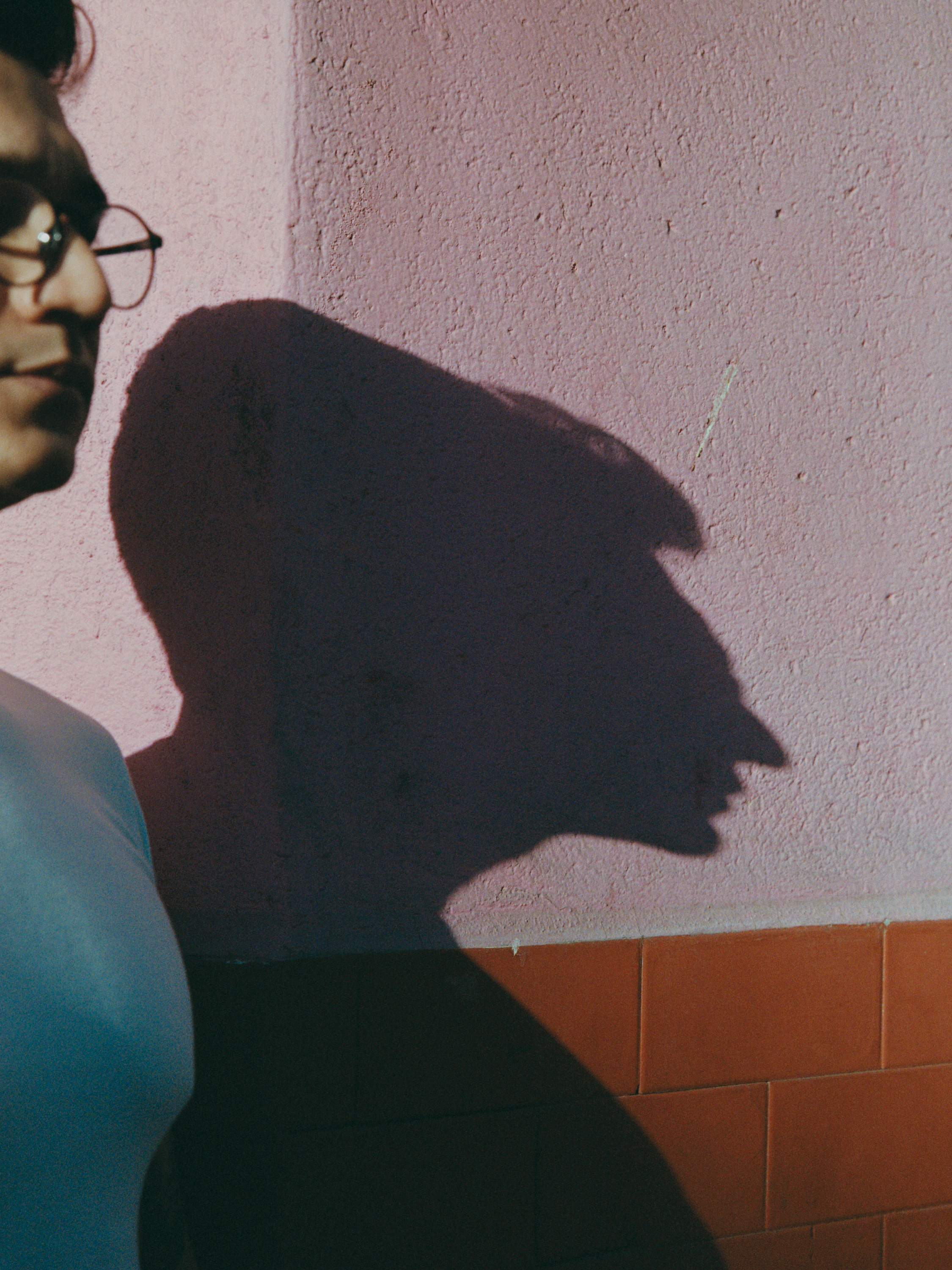Orlando Mondragón has joined the list of winners of the LOEWE FOUNDATION International Poetry Prize, becoming the first poet under the age of 30 to win the award. We spoke to him to get to know him better.

Where do you usually write? Is there a place that particularly inspires you?
I would love to continue using pencil and paper when I write, as I always have, but lately I’ve been jotting things down in my cell phone in an attempt to land that elusive and capricious fish called inspiration. I’m always looking to see if anything bites and when it does, I have to set the hook regardless of where I may be.
As for editing poems, I usually do that at night. I sit in my room, at my desk, sheltered by my books.
Many people think of poetry as a means of escaping from reality. Do you agree or do you think poetry somehow takes the temperature of what is happening in our personal lives and in society as a whole?
Both, actually. I turn to poetry when I need a break from my daily life. It’s my safe place. But then, there are certain poems and poets whose work hits me hard, whose verses become the most acute of magnifying glasses, allowing us to examine the current climate.
Talking about what is happening in the world is, in my opinion, inherent to writing. In a way, a poet’s task is to take the tribe’s words and reassign them with new meaning before giving them back. To do that you must keep your eyes and ears open.
Even on a personal level, the world influences our thoughts and actions. The way in which we connect with others is constantly changing. For example, falling in love today is very different to what falling in love was like in the 15th century. What’s more, it’s very different to what it was like 50 years ago. And this is reflected in poetry. In that respect, I like to think of poems as the annals where the history of thought and emotions is written.

What inspires or drives you to write?
Pedro Mairal says that writing requires a bit of sleepwalking, and I have to agree. I think of inspiration as an intuition that you suddenly become aware of, a preverbal emotion that finds its words. And if you don’t follow your intuition, you lose it. To be more specific, I write about the things that touch me deeply. It can be an emotion, something I saw when I was out and about, a personal experience or even someone else’s, a word I hear in passing that triggers a memory; I don’t know, many things.
Has sharing personal experiences through your work made you feel emotionally naked vis-à-vis your readers?
Undoubtedly. Regardless of the distance you try to establish between what you write and your private life, there is always a trace of who you are in your writing; something that is revealed, and exposed to others. And, of course, this makes us feel vulnerable. But if, as a poet, you don’t allow yourself to feel vulnerable, then who does?
Do you think of the pace of modern life as a poet’s ally or enemy?
As an enemy. Reading poetry requires a different kind of concentration. At least in my case. This means pausing the mind in order to observe each word and each line of verse. If I rush through a poem, it won’t speak to me; but if I go back to it and I reread it taking my time, I am able to find its rhythm, its internal beat, and then I’ll find myself in total and complete awe.
